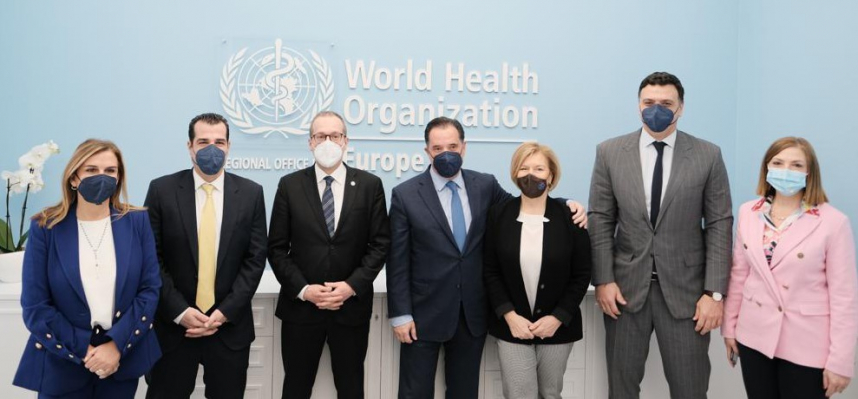
The Greek Tourism Ministry announced this week that it was designed in cooperation with the World Health Organization (WHO) a new legal framework that would set out the conditions for the development of health and wellness tourism.
“A framework that aims to cover all aspects of medical tourism and wellness tourism for those who visit our country,” said Tourism Minister Vassilis Kikilias during the inauguration of WHO’s a new branch in Athens on Monday.
The new Athens WHO sub-office will focus on the quality of care and patient safety ensuring the highest level of well-being, health, and health protection in the WHO European Region.
Developing health, wellness, and senior tourism are among the ministry’s key priorities. The Greek economy and local communities stand to gain significantly from products related to these forms of tourism, a recent paper released by research and policy institute diaNEOsis found.
Indicatively, attracting an additional 1 million senior tourists (55 or over) who will spend approximately 1.5 billion euros can boost GDP by 3.7 billion euros and create 60,000 new jobs.
According to the Greek Health Tourism Council (Elitour) President and Attica Governor, George Patoulis, tapping into health tourism could be the key for the Greek tourism sector’s post-Covid recovery. Citing the same data, Patoulis said senior tourism, long-term rentals, medical and spa tourism, could add a total of 13.6 billion euros to Greece’s GDP and create 173,000 new jobs over a five-year period.